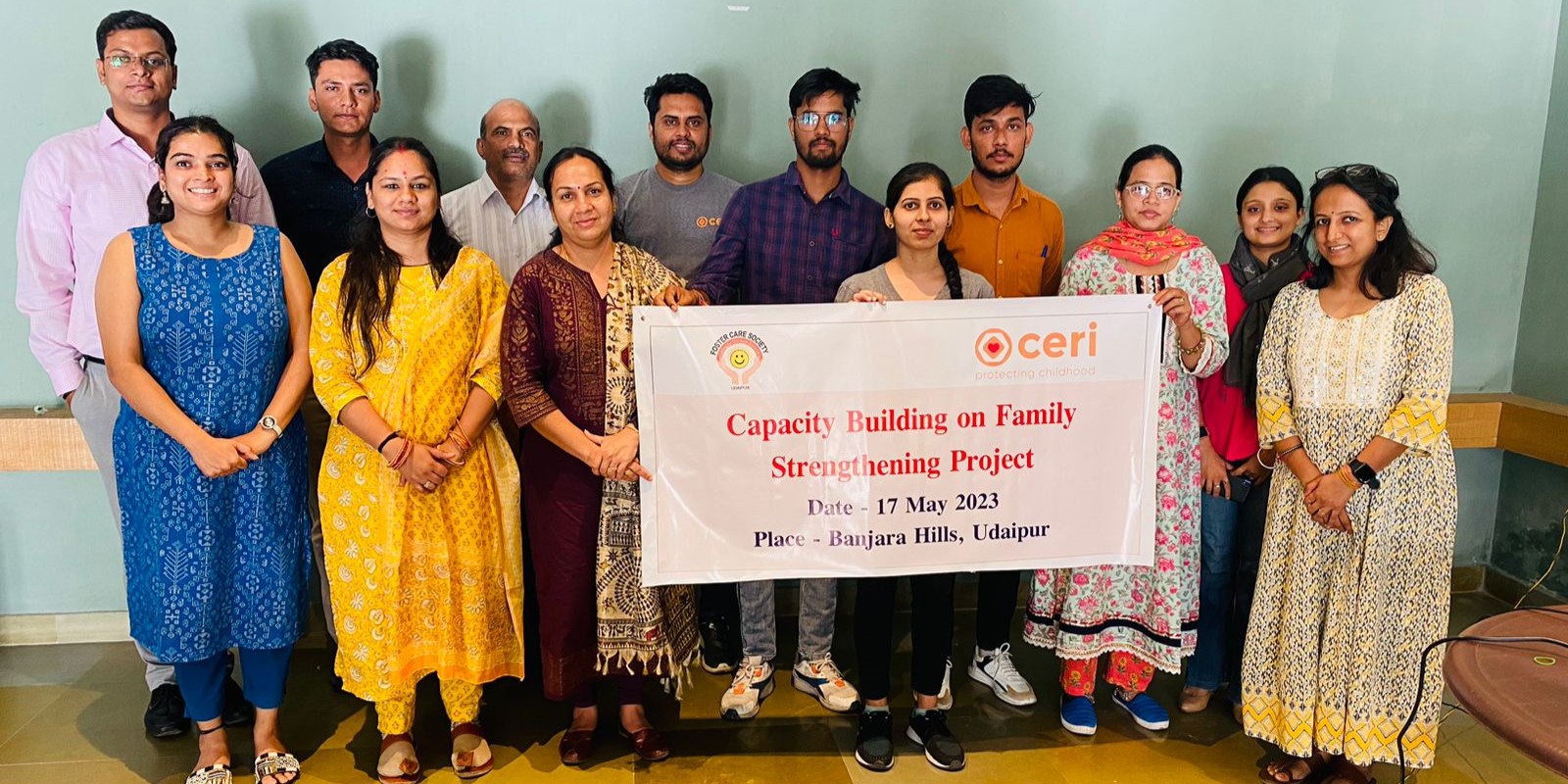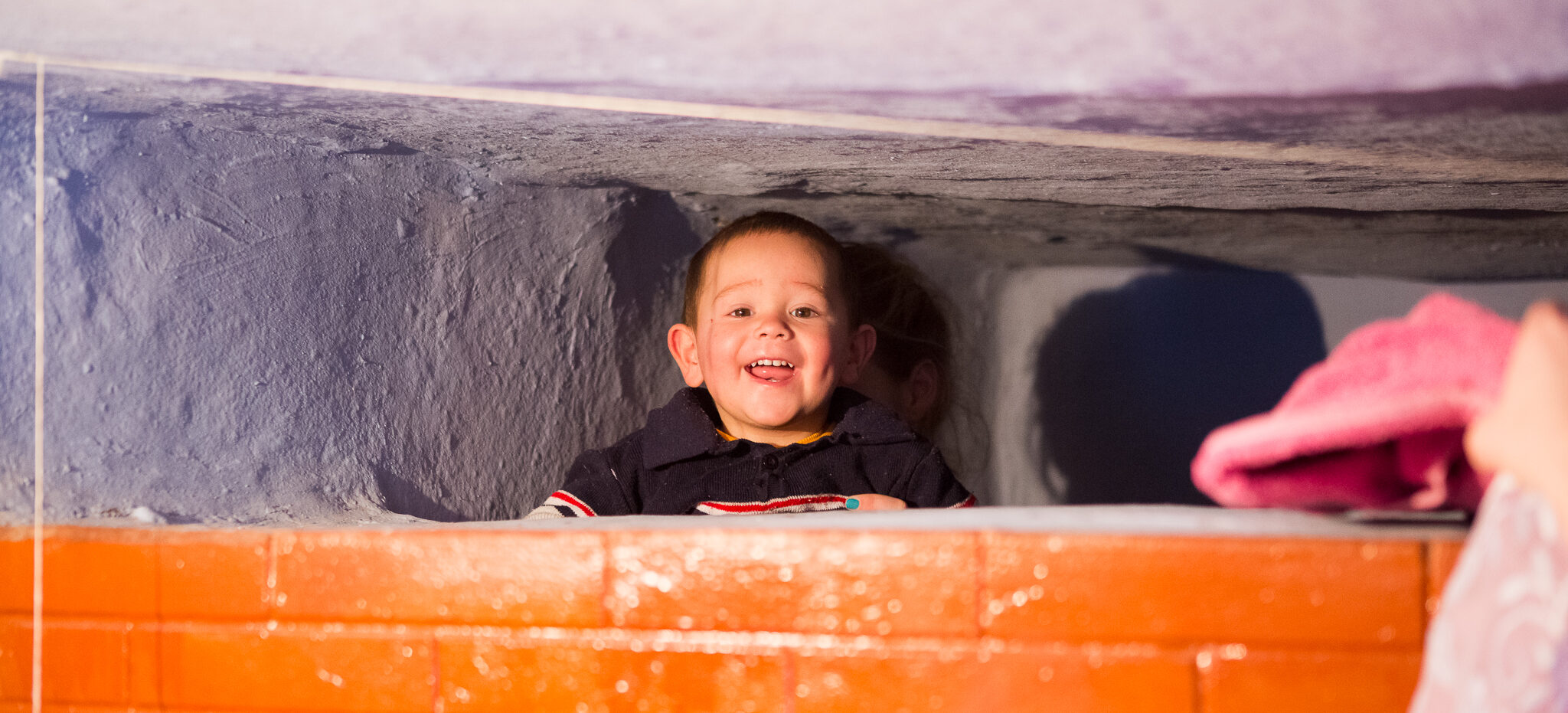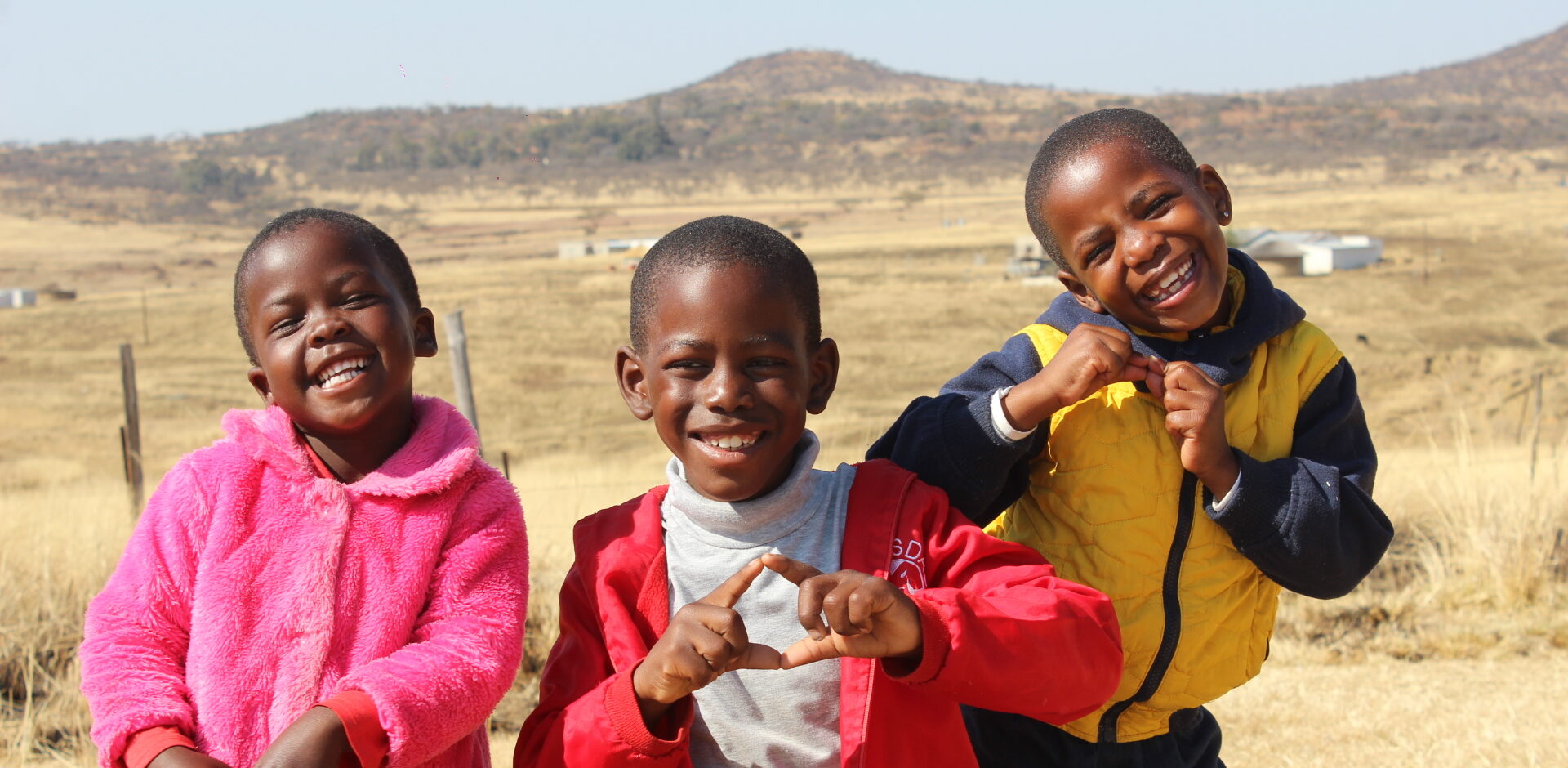Anita Ramesh, CERI National Director – Sri Lanka, was interviewed by a college student in the U.S. about the struggle many young girls in developing countries face toward getting an education. She offers interesting insight as a highly educated professional woman in a country where society places greater value on educating men.
- What is your educational background? Are you the first woman in your family to complete education of or after high school?
I studied and completed my MBA at Open University of Sri Lanka, earned a Diploma in Project Management, and am studying in stage II for a CIMA (Charted Institute of Management). I have three siblings and am the first person in my family to have completed a post-high school education.
- Do you feel as if you’ve gotten an equal opportunity to education as everyone else?
Yes. Sri Lanka provides a free education to all children.
- How do you feel about young girls in developing countries being less likely to finish primary schools as their male counterparts?
Some families won’t allow or support their young girls to get an education. There is a fear that when a girl obtains a high level of education it will not be possible to find a groom for her. Abuses from male counterparts and serious romantic relationships also often cause girls to neglect or stop their studies. Financial status can also be an inhibitor, as children from lower income families are expected to work to support their households.
- What can be done to increase the rate of young girls completing primary and secondary education?
Awareness among parents is essential. When it comes to the choice of educating their son or daughter, parents generally have the conventional thought of giving priority to their sons. More education on the importance and benefit of educating girls is needed.
- Why do you think girls are less likely to get an education in many developing countries?
Each society has a different perspective on feminity and female exposure to engaging in activities beyond the “home.”
- How will educating girls impact countries? Will it create more productive countries?
Indeed it will, because girls get a chance to expose their experiential learning that they have obtained during their childhood. In Sri Lanka in particular, we have held women in the country’s highest levels of leadership.
- What can we do to raise awareness for this issue?
Awareness of gender equality in education has to first reach the parents. That is the root cause for the confined decisions on a girl’s education choices.
- Is focusing on education for young girls rather than young boys unfair? Why or why not?
South Asian countries have many families who are struggling financially and it takes multiple workers to support the home. Many parents decide to educate their sons so that, one day, this investment will not only provide them some material gain, but also pave a way for their daughters to get married. Thus it is fair to look into this deciding factor and see what can be done among the families to provide a secure environment that is free from this social inequality demands such as “dowry.”





